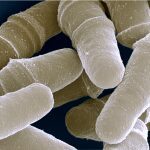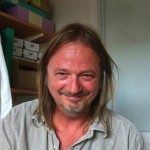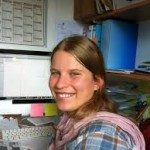Lien vers Pubmed [PMID] – 32332728
Lien vers HAL – Cliquez ici
Lien DOI – 10.1038/s41467-020-15880-y
Nat Commun 2020 04; 11(1): 1973
The genetics of quiescence is an emerging field compared to that of growth, yet both states generate spontaneous mutations and genetic diversity fueling evolution. Reconciling mutation rates in dividing conditions and mutation accumulation as a function of time in non-dividing situations remains a challenge. Nitrogen-starved fission yeast cells reversibly arrest proliferation, are metabolically active and highly resistant to a variety of stresses. Here, we show that mutations in stress- and mitogen-activated protein kinase (S/MAPK) signaling pathways are enriched in aging cultures. Targeted resequencing and competition experiments indicate that these mutants arise in the first month of quiescence and expand clonally during the second month at the expense of the parental population. Reconstitution experiments show that S/MAPK modules mediate the sacrifice of many cells for the benefit of some mutants. These findings suggest that non-dividing conditions promote genetic diversity to generate a social cellular environment prone to kin selection.




